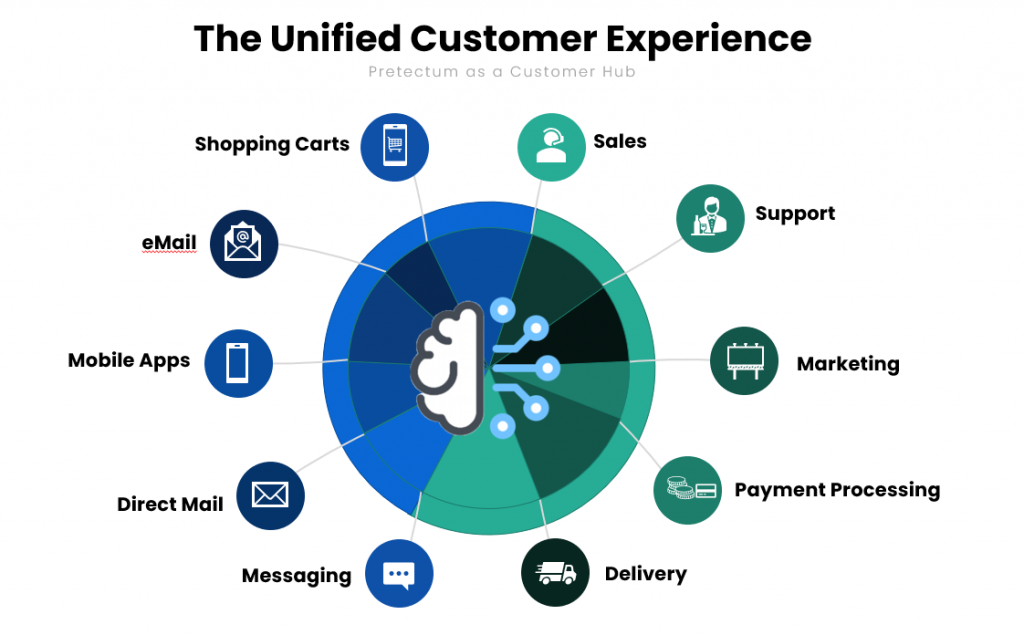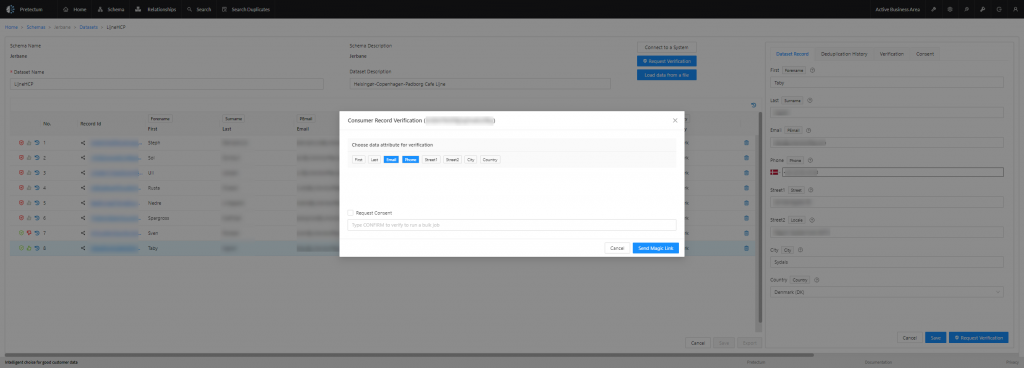The growing number of quality standards and regulations (industry-specific or not) mean companies must meet certain compliance criteria directly or indirectly impacted by the quality of data in the systems.
Businesses face many regulatory frameworks and potential risks that require the maintenance of extensive reporting mechanisms and specific processing and handling activities around critical customer master data such as details related to bank accounts, contracts, and contract conditions. In the finance, Insurance, retail, health and pharma segments, regulations vary from country to country but the message is largely the same – you need to know what data you have and you need to be looking after it properly.
Failure to take necessary steps to protect the data can lead to a variety of punitive measures being imposed by the authorities. This is separate from any personal liability claims that might be brought by individual members of the public in relation to incorrect or inappropriately handled customer master data. Appropriate management of customer master data is therefore essential not just to ensure that there are no negative financial implications but also to ensure the preservation of the organization’s reputation.
How a CMDM helps with compliance
A customer master data management system gives businesses a single reference point or single customer view. This can be of help when trying to meet compliance expectations by describing the records held, the content of the records and enumerating the evolution of those records over time from origin to current state.
A well-designed master data management platform makes it easier for businesses to audit and standardize their view and understanding of the customer across the many data repositories that they might have including data warehouses, transactional systems and other data sources that might use different technologies in different business units and geographies.
A centralized customer master data management platform offered under a PaaS or SaaS model is a continuous duty system by nature and backed up in alignment with best practices and all necessary regulatory requirements. Features that you can expect include the identification and optional removal of duplicate records, the maintenance of strict standards in relation to data quality and the presence of a user permissions hierarchy to ensure that only those who should have access, do.

Right to Erasure
Under European GDPR policy, the ‘Right to Erasure’ gives users the right to have their records erased from databases to meet privacy requirements. When you have the customer master stored in many places this is a difficult requirement to meet.
It is also amongst the key components under California’s CCPA framework and other frameworks of a similar nature exist in other geographies globally.
Removing customer information from your records, or even correcting it, is more straightforward when you have a centralized customer master data management system. In some cases, people want to remove only publicly recognizable information from the available channels, but this can become tedious if such information is expressed differently in a different system with no interconnected golden thread that forms a unified reference point.
For either removal, correction or suppression of data, having a master data management reference point is operationally more efficient and better supports the ability to be compliant. The CMDM platform offers that unique point of reference for each database. This means that compliance activities can quickly identify data quality issues, make the necessary changes and get those corrections syndicated across departmental and downstream systems in the organization.

KYC compliance (Know Your Customer)
All financial sector organizations must submit customer information to regulatory authorities, often before providing the person or organization with financial services. Regulators are quite strict on the importance of customer record quality; incorrect measures in an organization can risk exposure to compliance penalties, places assets at risk and also introduces reputational risks. The Dodd-Frank act overhauled the US financial regulation system and while some of the act’s regulations were rolled back by the Trump administration the new regulations being implemented at the individual state level and in Europe provide sweeping new protections for citizens that organizations need to subscribe to.
Financial institutions and Fintech companies that build secure systems and processes to collect and submit KYC data to authorities enjoy benefits over their competitors not only in terms of the quality of the data that they hold, but also the costs associated with maintaining their compliance, and of course the risks associated with specific accounts. A CMDM platform can help businesses centralize KYC information and make it easier for them to meet regulator screening requirements. According to Deloitte’s 2020 banking and capital markets outlook, “wealth managers are grappling with the rising cost of compliance and increasing focus on KYC/AML and data protection” something which a CMDM can surely help with controlling.
Meeting the requirements of compliance rules is also often time-consuming for businesses. For businesses that have been in the business for decades, this is particularly hard when they have ageing infrastructure and long-established customer data management practices.

Enterprise-level master data systems prioritize security and industry compliance, admittedly at a cost, but this cost is often more transparent than the many hidden costs associated with ad hoc and unstructured, even perhaps uncoordinated data management practices. CMDM helps businesses implement and comply with data quality standards and implement policies on demand.
Learn how the Pretectum CMDM can help you as a single domain MDM software solution designed specifically to address the challenges of Customer Master Data Management.
RJ


